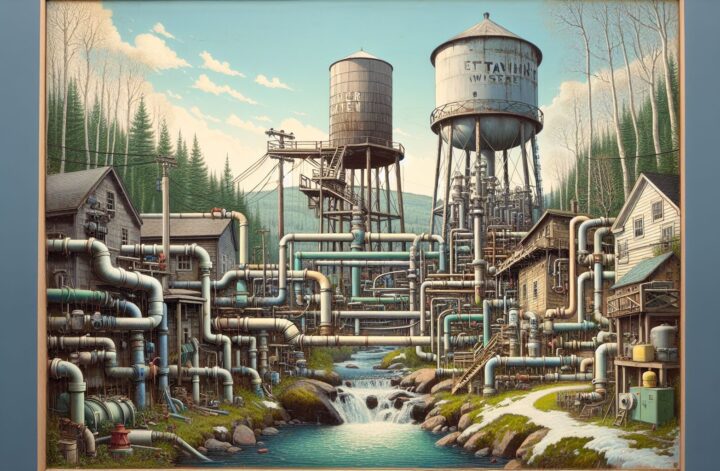Water and wastewater services are among the most crucial public utilities. In Utah’s rural areas, keeping these systems clean, safe, functional, and accessible presents unique challenges.
Firstly, Utah’s geography presents unique challenges for rural water and wastewater systems. The diverse landscape, ranging from the Rocky Mountains to the Great Salt Lake Desert, can be difficult for infrastructure installation and maintenance. Moreover, Utah is one of the driest states in the U.S., and has been grappling with extensive droughts (National Geographic).
Water scarcity and quality are interlinked challenges. Rural areas often rely on groundwater sources, but contamination from nitrates, pesticides, and industrial waste can occur (Utah Department of Environmental Quality). Adequately treating such water before distribution is critical to the health and safety of the communities relying on it.
Furthermore, wastewater management in rural areas can be a potential health risk if not correctly handled. Septic systems are the norm, but regular inspection and maintenance are essential to prevent groundwater contamination. In 2021, the ‘Utah Senate Bill 82’ was passed, establishing stricter requirements for septic system oversight (Utah Legislature).
Regarding accessibility, the remote nature of some communities can make it difficult to connect them to central water and sewage systems. As a result, these communities often have to rely on more expensive bottled water and trucked waste disposal services.
Addressing these challenges requires a collaborative approach from state authorities, local communities, and the private sector. For instance, the ‘Rural Water Association of Utah’ provides technical assistance, training, and lobbying for small water and wastewater systems across the state (Rural Water Association of Utah). Similarly, ‘Utah’s Division of Drinking Water’ ensures that drinking water systems are properly constructed and maintained according to established standards.
In conclusion, Utah’s rural water and wastewater systems highlight the importance of tailored, local solutions for public utilities. Working within the state’s unique geographical and environmental context, authorities and organizations need to remain proactive in evolving and improving the systems that rural communities rely on.
References:




